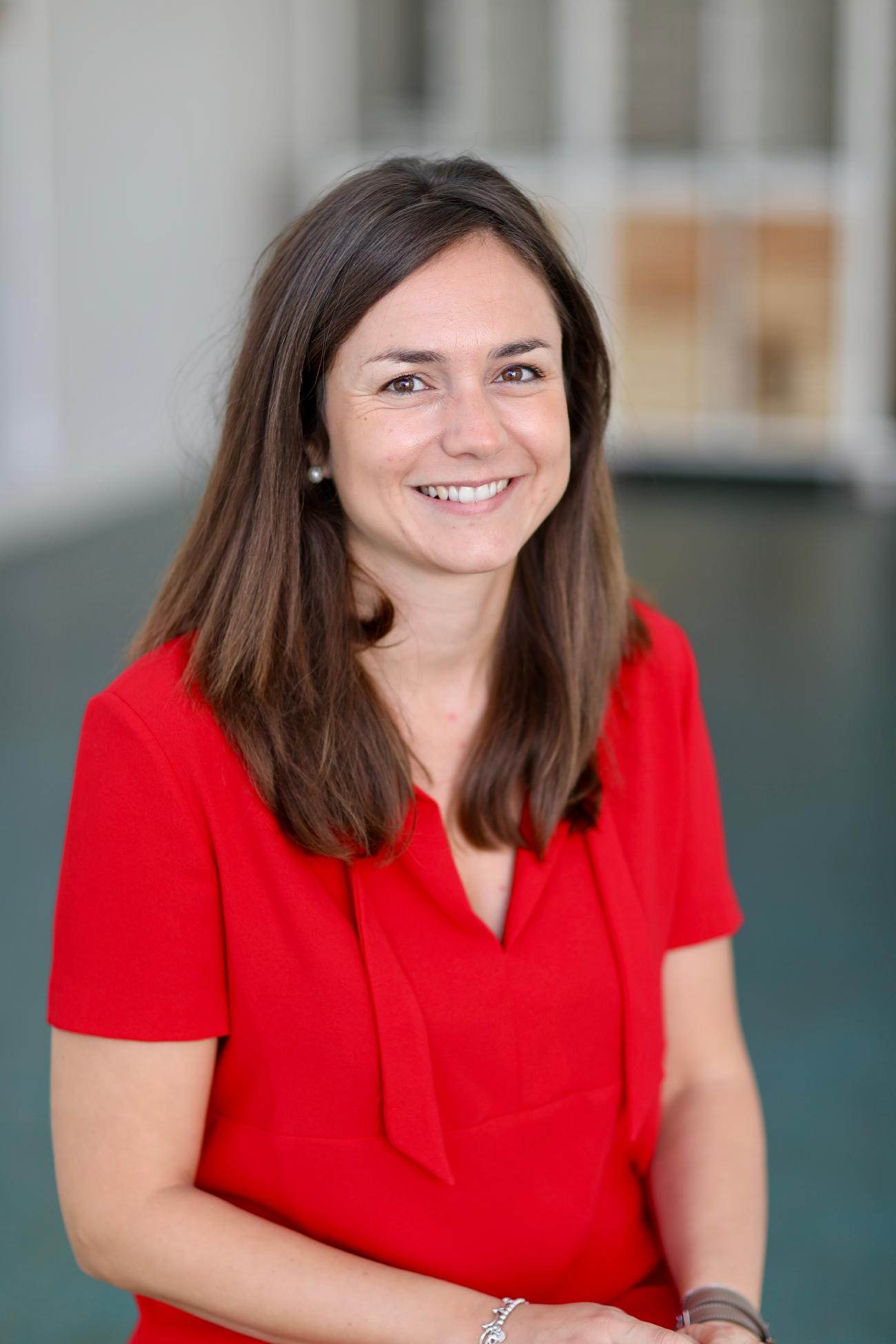Interview - 8/10/2018
What motivated you to join the DS4H project? What are the mutual benefits of this collaboration?
« Chief Digital Officer », « Digital Brand Content Manager », « Fab Manager », « Master Data Manager », « Traffic Manager »: Almost every month, a new digital job based on management and economics skills emerges on the market and challenges existing University programs which seek to align academic knowledge with these emerging needs. Although the Master Program in « Digital Strategy » exists for almost 20 years (formerly named « ICT Economics and e-business consulting »), its content significantly evolved along with the digital current disruptions. When I took over the direction of the program, 2 years ago, lectures beyond economics and management, such as ergonomics and data mining, were already available. I was also starting a new kind of collaborative research at the MSHS Sud-Est and with colleagues at I3S and LEAT. While observing the evolution of industries and research, I was soon convinced that students had to acquire more pluridisciplinary skills. Our teaching team in management (management information systems, innovation management and digital finance) provides comprehensive framework and up-to-date research results to understand how digital devices seek to transform organizations (teams, firms, industries and markets) and how organizations and economic actors could contribute to the development and the improvement of these new digital devices. Overall, the DS4H Graduate School came as a great opportunity for my students in « Digital Strategy » to raise their skills in micro-electronics, computer science, law… and to unlock an exceptional potential, highly looked after by future recruiters!
On the one side, the multidisciplinarity that lies at the heart of the DS4H's DNA is of great interest for companies and the socio-economical world. Could you give us some examples?
Recently, an IBM executive was telling me that the ideal profile for such a company was a « dual-competency » candidate (who acquired skills in management/ economics AND in computer science/ microelectronics). As digital innovations, automation, platforms and new techniques of AI are currently transforming the fundamental nature of work; this new type of profile aimed at embracing the forces of change. To be honest, the French academic system was not the best trigger to produce such candidates, as heavy concrete walls were consciously built between disciplines through the system of disciplinary Faculties. The DS4H Graduate School contributes to pull down these walls and push back limits by encouraging pluridisciplinary research that could benefit to students. Local companies (such as Accenture Labs, CapGemini or Virbac) who are recruiting our « Digital Strategy » students on work-study contracts see value in this new venture.
On the other side, your knowledge of the companies' needs is a strong advantage for your students. What kind of projects are they offered to get a practical approach?
As job roles being currently created did not even exist three years ago, we had to value new forms of teaching based on the development of critical-thinking and problem solving. Teamwork (based on pluridisciplinary teams of students) was seen as a prerequisite for this new kind of knowledge. This is exemplified by current projects, in which students can participate on one semester. One of them is a collaborative project (conducted with my colleague François Verdier, LEAT) on the theme of smart-contracts in mobility ecosystems. Intern students were recruited from different fields to provide a better understanding - at technical, business and legal levels - of these new forms of services based on blockchain technologies. We are proud to count Renault and Orange as industrial partners on the project; as they strongly encourage this new pluridisciplinary approach of thinking!

In September 2018, Lise Arena published "Management des systèmes d’information et de la transformation digitale" (Economica)
